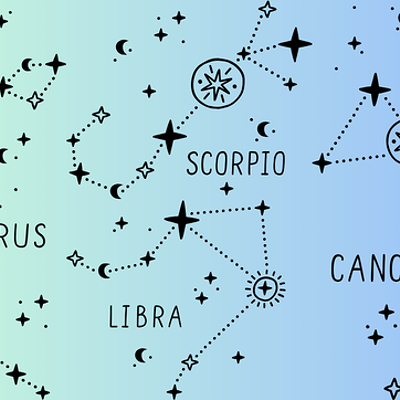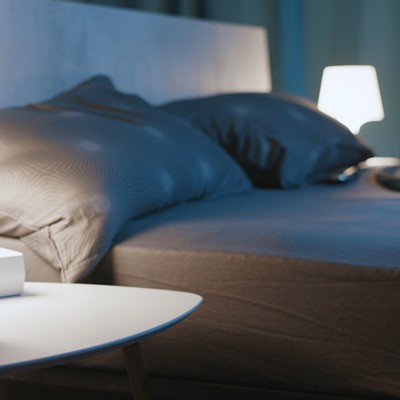Maybe we shouldn't be surprised. Gov. Tom Corbett's popularity, never high, now sunk to new lows. Less than 50 percent of Republicans think he should be re-elected, according to a recent Quinnipiac University poll. Women especially despise him.
So maybe it's no wonder he's turned to alcohol to solve his problems.
Yes, with his re-election prospects in jeopardy, Corbett is finally moving forward on a promise made during the 2010 go-round: privatizing Pennsylvania's state-store system. Perhaps he's realized that the Liquor Control Board may be the only thing in Pennsylvania less popular than he is. Either way, he came to Pittsburgh last week to announce, "It is time for Pennsylvania to lift the rules that have been in place for 75 years."
Under Corbett's proposal, the state would sell off licenses for the wholesale and retail sale of alcohol: Corbett estimated proceeds could be up to $1 billion. Grocery stores, convenience stores and other retailers could sell small amounts of wine, beer and liquor. The LCB would focus solely on enforcing liquor laws, and state stores would be shuttered, prompting the layoff of 3,500 employees.
And as Corbett is learning, alcohol really can make you feel more popular.
Laissez-faire conservatives loved his proposal, naturally: "Pennsylvanians would finally be able to buy bread, beer and Bordeaux all in one stop" asserted Commonwealth Foundation head Matthew J. Brouillette, whose grocery-shopping experiences have apparently not been as alliterative as they might have been. But liberal outlets, like the Pittsburgh Post-Gazette editorial page, sung hosannas too. "Retrograde special interests have fought hard against privatizing the LCB," enthused the paper, whose 2010 endorsement of Corbett was couched almost entirely in touting his privatization pledge. "[T]hose days are over."
Maybe not quite. Already some are objecting to a linchpin of Corbett's proposal: using liquor-license proceeds to fund education. Corbett wants to earmark the license revenue for spending on programs like early education, school safety and science/math classes. As the Philadelphia Daily News put it, "With education funding under stress, Corbett believes that taking the extra money from the sale of licenses ... and giving it to school districts as block grants is a game-changer."
The problem is Corbett is a big part of the reason education funding is "under stress" in the first place.
In his first budget, you'll recall, Corbett cut education by $1 billion. Corbett argued, rightly, that federal stimulus money had dried up, prompting the shortfall. And yet when it came time to set a tax on natural-gas drillers, for example, Corbett seemed less concerned with ensuring a windfall for districts than he seems to be today.
Understandably, the Pennsylvania State Education Association issued a statement likening the gambit to "holding students hostage." Even the state's top-ranked senator, Republican Joe Scarnati, decried the move to link as "Washington-style politics."
I'll be honest. Newspapers like this one stand to gain from increased liquor advertising. What's more, it turns out that Scarnati worries that in a private market, there'd be fewer liquor stories in rural areas like his own Jefferson County. So as things stand, it seems, we're propping up the drinking habits of a county where voters went 3-to-1 for Mitt Romney last year — presumably while decrying socialism and repeating anecdotes about people buying vodka with food stamps. Maybe there'd be less cognitive dissonance if there weren't so much liquor close to hand?
Then again, those 3,500 state-store jobs are union posts, with solid wages. And for all the privatizers' predictions about job creation, it's hard to imagine a workforce gain just because Walmart adds the liquor aisle to the work burden of some long-suffering "associate." Meanwhile, some studies — not all of them union-funded — have also predicted an increase in excess liquor consumption if liquor stores are privatized.
And while efforts to privatize liquor sales come up every decade or so, the only sure winners are the politicians. Corbett gets to take up a popular cause, for once, while every elected official can hope for additional campaign contributions — from unions, sure, but also from Harrisburg players like beer distributors and bar owners. At this point, it almost looks like a form of dependency. And maybe boosting privatization is just a form of enabling.














